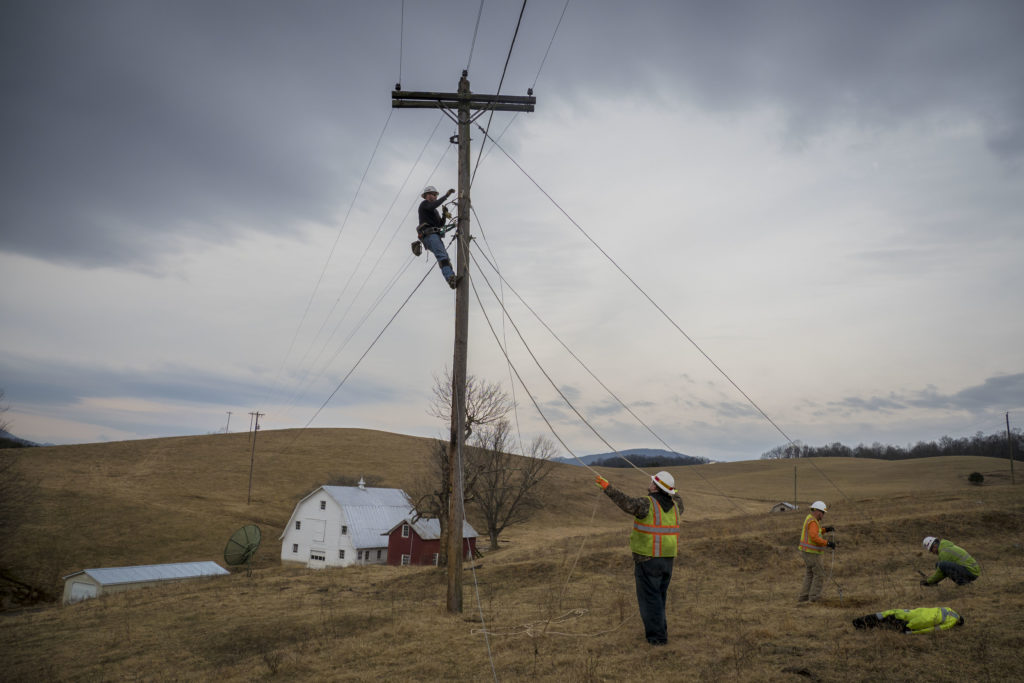
NRECA has joined more than 170 other groups in urging Congress to provide full funding for broadband to meet the growing demand for high-speed internet service for decades to come.
“The United States met the challenge of electrifying America in the last century with an audacious plan we take for granted today,” NRECA and the other advocates wrote in a letter to congressional leaders. “A similarly bold approach is needed to build universally available broadband infrastructure fully capable of supporting all communications technology needs and meet ever-rising demand for bandwidth.”
Congress is expected to take up a sweeping infrastructure bill this year that will include the expansion of broadband to rural communities and underserved urban areas.
NRECA is sending a clear message to lawmakers on the need for rural broadband funding as they consider what to include in any infrastructure package, said Kelly Wismer, NRECA’s lobbyist for broadband and telecommunications issues.
“While the telecommunications industry and stakeholders broadly agree that broadband access and affordability are critically important, there isn’t always agreement on how to make that a reality,” Wismer said. “In fact, some segments of the industry (large telephone, fixed wireless, and satellite) advocate for any new broadband infrastructure programs to fund networks at much lower speeds than cooperatives and others are striving to build.”
“Cooperatives want their consumer-members to have access to broadband that will be reliable, affordable and meet their bandwidth needs both now and for years to come,” she said. “To that end, we advocate that federal programs support the building of networks that will stand the test of time instead of networks that may be outdated by the time they’re built.”
Broadband service must deliver data at much faster speeds than the standard 25/3 megabits per second set by the Federal Communications Commission in 2015, the letter says.
“Any new federal program must fund broadband infrastructure capable of enabling businesses to meet the needs of consumers, empower businesses to relocate to any community, provide opportunities for teleworkers and students at the same level regardless of geography, enable anchor institutions to fully provide for their entire communities, and make possible precision agriculture capabilities for agriculture producers to improve efficiencies,” the groups wrote.
An estimated 35% of rural Americans do not have access to broadband from any provider, the letter notes.
“It is time to act to end the digital divide forever by passing a national broadband infrastructure program that will deliver universal, affordable, 21st century-ready access,” the letter said.
The June 28 letter was sent to House Speaker Nancy Pelosi, D-Calif., House Minority Leader Kevin McCarthy, R-Calif., Senate Majority Leader Chuck Schumer, D-N.Y., and Senate Minority Leader Mitch McConnell, R-Ky. It was signed by a broad cross-section of public and private groups, including library associations, school districts, health care networks, colleges and agricultural organizations.
“Today,” they wrote, “Congress can demonstrate the vision that its predecessors showed decades ago by connecting every American with the 21st Century equivalent of electricity—broadband.”
Erin Kelly is a staff writer for NRECA.